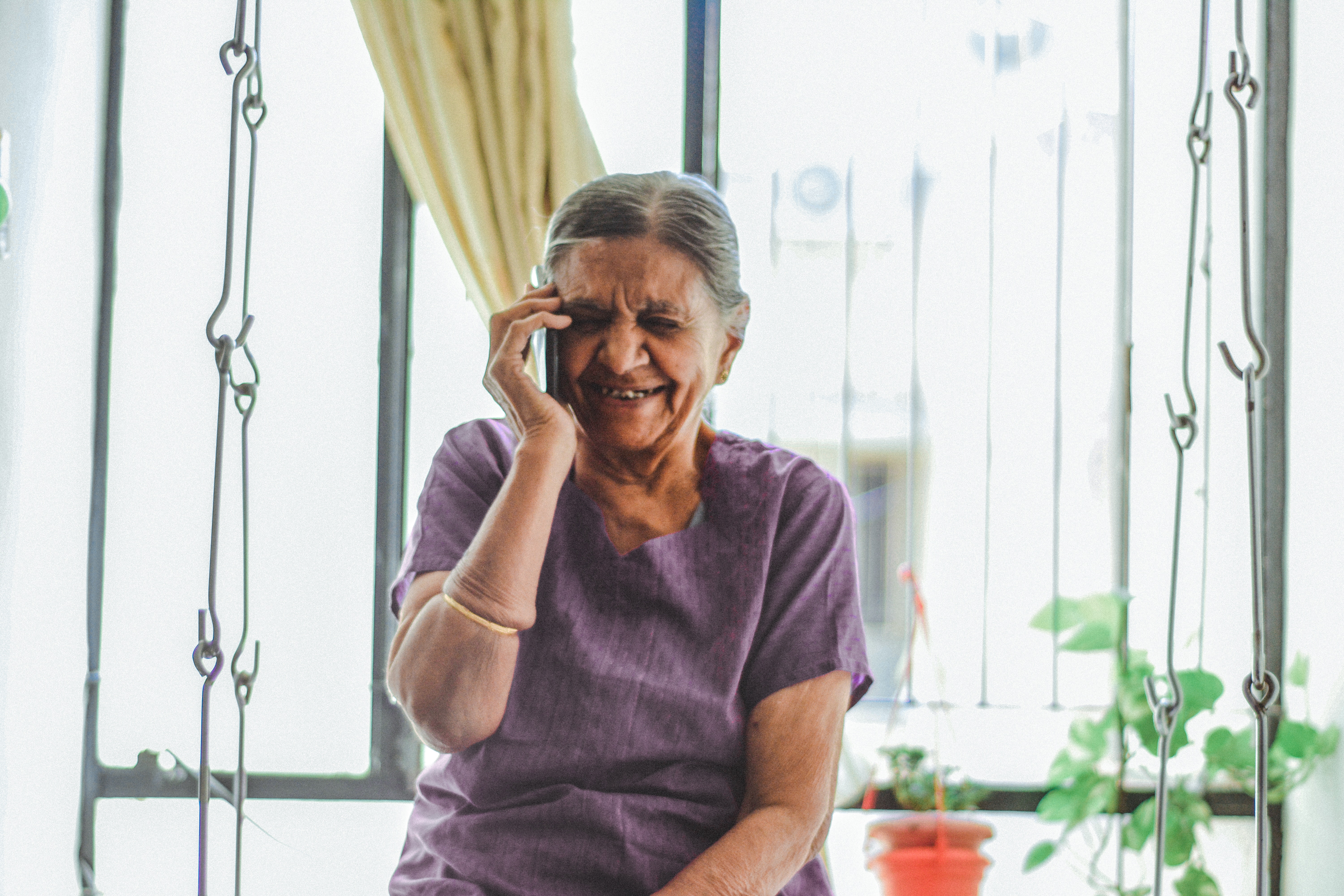Adjusting to Life Away From Home
Some tips from your Cox and Salvesen Fellows!
For lots of people, university is the first time they are away from home and their family for a significant period of time. That can be exciting; you can experience all sorts of freedoms that might not have been available to you before now. It can also bring some difficult feeling with it too. Some people experience difficulty in adjusting regardless of the actual physical distance involved. Lots of people experience both the positive and the negative sides to varying degrees.
Like all types of change, there are upsides and downsides, and people respond to these in a range of ways. Your body and your mind are getting used to a new way of getting along and it's natural to not always find that process easy.
1 - Take a Break from the Homesickness

It can be tempting to spend time sitting around in your room; but that can reinforce the downsides. Make sure you take a break from the homesickness, even if it's for a short time. Pop around and chat with someone on your staircase; contact someone in your subject and discuss this week's work; see what activities the JCR have put on for students that week. Once you have been to Freshers' Fair, make a promise to yourself to try at least one new activity or make a weekly commitment.
Accumulating positive experiences has been shown to improve individuals' response to unfamiliar situations. The interesting thing shown by such research is that it is not the intensity of the positive experience but the frequency that makes the difference. You don't have to seek one hugely euphoric experience - just regular, pleasant ones.
2 - Call Home (but not all the time!)

Part of adjusting is learning how to deal with the new shape of your relationship with home and family. If you cut yourself off completely, you could end up missing home even more. Early on, you might find it helpful to contact home once a day. This could be a text, an email or a phone call. Think about other ways to let home or school friends know you're thinking of them - people still send the odd postcard!
Over time, most people find that they contact home a little less as they get busy with their studies, social life and other activities.
You might also want to schedule visits. Ordinarily, you are expected to remain resident in College during term time. However, you can still arrange for family or friends to visit you for a day trip or on the weekend. If you would find it helpful, you might consider a visit home, so long as it won't interfere with your work.
Whatever way you decide to maintain contact with home, most people find it helpful if contact is regular, time-limited and not too frequent. It can be more helpful if contacting home is something you look forward to, in the early days. If you spend too much time contacting home then you might miss out on opportunities to make new friends. Try to give yourself the chance to build up a new support network.
3 - Bring Home Comforts

It can be a hot water bottle, a teddy bear or a blanket. We all have things that cheer us up and remind us of home when we need them. Also, don't feel you need to hide them away - you'll discover almost everyone else has brought something too.
Often, students find it helpful to make a board of pictures celebrating the life they have left behind. This could be a way to signal to yourself that those experiences are important to you and that you still carry them with you. Over time, most people make a board of pictures celebrating the life they have now built at university. One day both boards will be in the past and capture the stages of life that made the future you.
4 - Make Human Contact

Do talk to your new friends and peers about when you're missing home, if you feel the need to. Often others are missing home too and would welcome the chance to share the experience and talk through it.
If you are finding that it is difficult to cope with the feelings of homesickness then there are also other sources of support in College. You might want to talk to the peer supporters, who are fellow students who are trained in active listening. There are also the Cox and Salvesen Fellows. The University Counselling Service can also be a source of support.
If you have health concerns that might make it harder for you to cope with homesickness, such as anxiety or depression, human contact can be an important way to monitor and manage your situation and feelings. Make sure you let the College GP know as they can provide you with support.
5 - Self-care

Adjusting to big changes can be harder if you start neglecting your health. Remember to live a life of EASE:
- Eat regularly
- Avoid destructive self-medication
- Sleep regularly
- Exercise regularly.
Also remember to treat physical pain and illness early. If you get a cold (you will definitely get a cold), for instance, get an over-the-counter remedy from the pharmacy and make sure you get an early night. Make sure you see the College GP for more serious pains or illness.
Looking after the basics has been shown to have a determining impact on your well-being and ability to cope with change and challenge.
6 - Give Yourself Space

"I just feel like it's such a great opportunity to be at Oxford and I feel bad that I'm not enjoying it."
It's ok if you don't love New College the minute you move in. Some students take to college and university life straightaway; but most people take a while to adjust. For lots of people it's a big change to their way of living and that means adjusting to all the little ways that can affect your daily life. Some students don't have any issues at first and then experience homesickness later on.
It's easy to see everyone else's social media profile and think they are having a great time and it's just you who is experiencing some low times. Social media is only a superficial snapshot of other people's lives. Missing home affects most students. There's no reason to be hard on yourself. There's no 'right' way to respond and there's no expectation or obligation to enjoy being here all the time - we just hope you eventually will. Our experience has been that most students find their place and come to value their time here.
Get In Touch
The Cox and Salvesen Fellows
The Cox Fellow is Katie McKeogh and the Salvesen Fellow is Annabella Massey. They are happy to talk to all New College students and are a good first port of call for information about services and support available within College and the university. To make an appointment:
- available by appointment during working hours, after 5pm and at weekends
- The Fellows may be contacted via the Porters Lodge on (01865-2)79555
- email welfare@new.ox.ac.uk

Students can also refer themselves to the University Counselling Service.
To make an appointment:
-
call (2)70300
-
or email counselling@admin.ox.ac.uk
